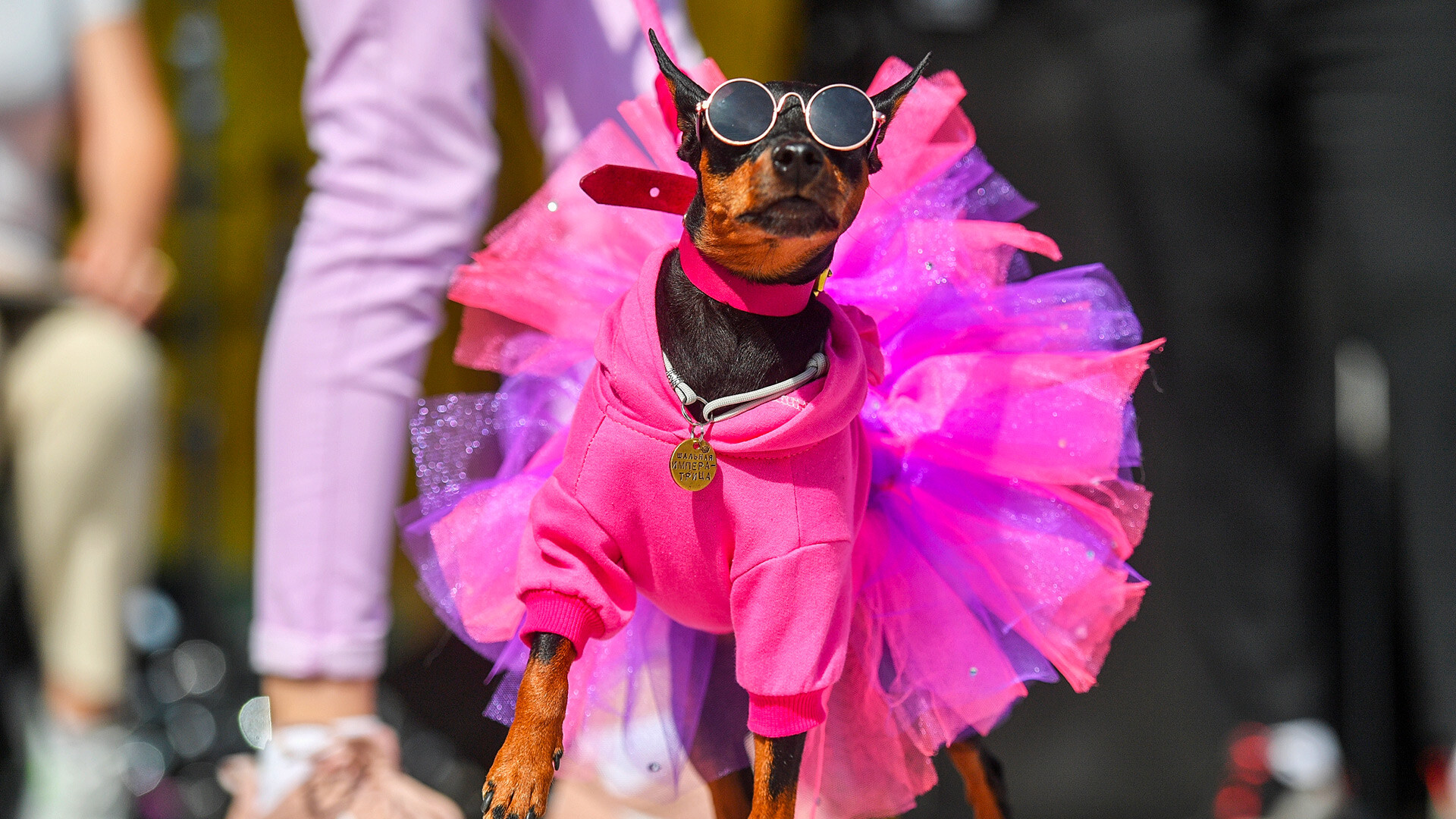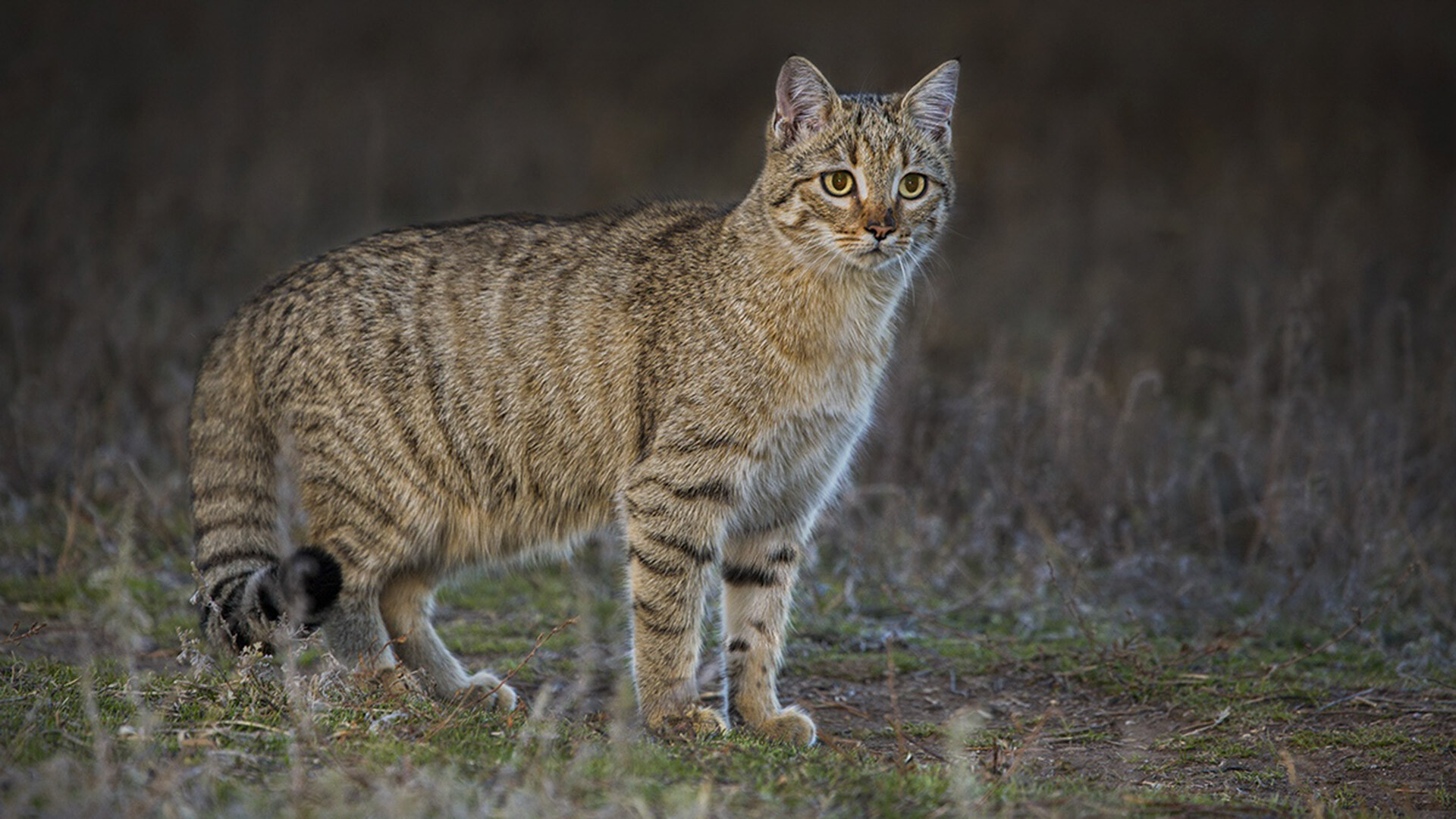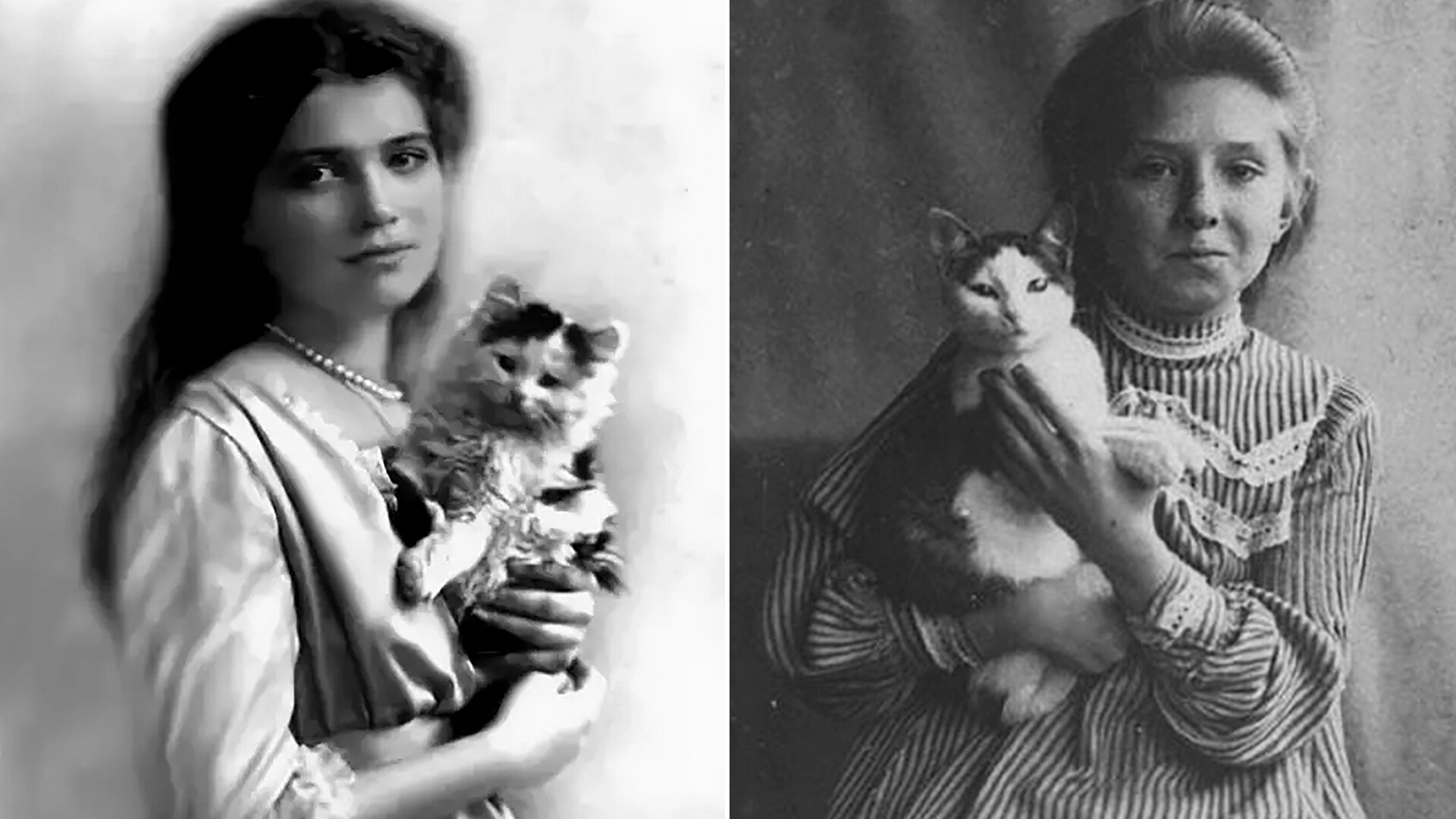
Why the Ussuri brown bear is the SCARIEST animal you’ll ever encounter (PHOTOS)
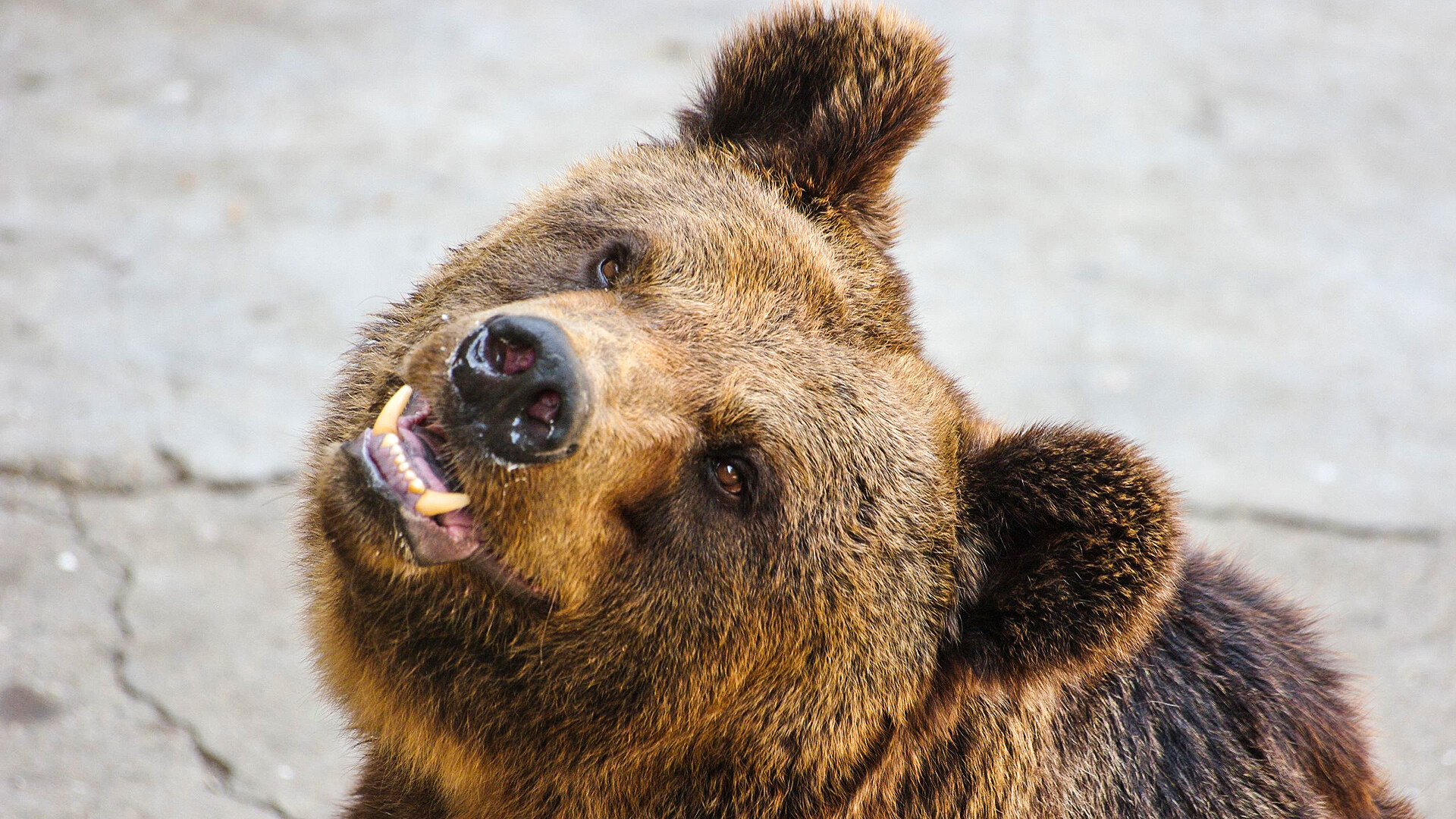
How many bears do you think are needed to turn a village into a ghost town? At the Novaya Zemlya archipelago, some 50 polar bears terrorized a village, spurred by hunger into getting ever closer to human settlements. Now, what if we were to substitute those polar bears for just one Ussuri brown bear? Well, we have the answer to that question. Such an event once required a 60-man sniper squad! Before they finally got the predator (which is always the last resort), the bear had managed to evade capture for an entire month, eating seven villagers along the way.
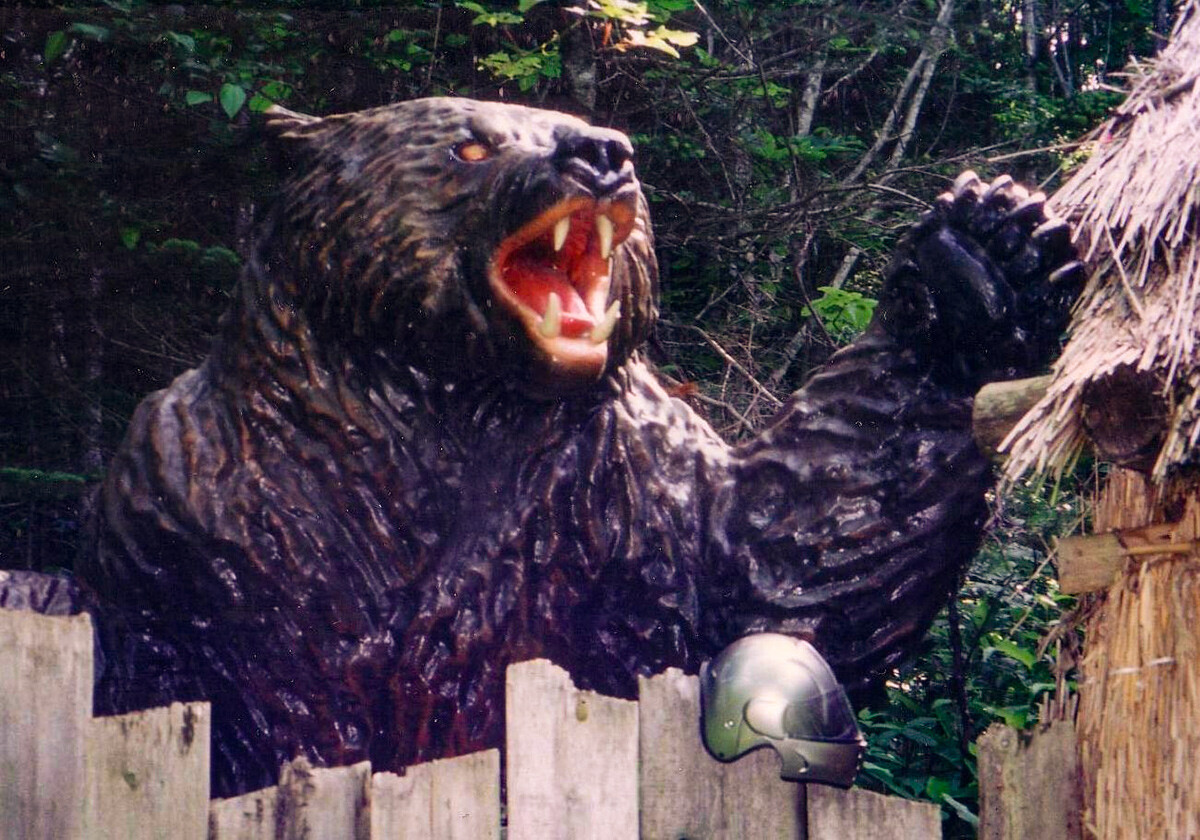 A reproduction of "Kesagake"
A reproduction of "Kesagake"
That story took place back in 1915 in the Japanese village of Rokusen-sawa, near Tomamae, on the island of Hokkaido. A century on, the so-called ‘Russian Grizzly’ continues to be considered one of the most aggressive species of bear on Earth.
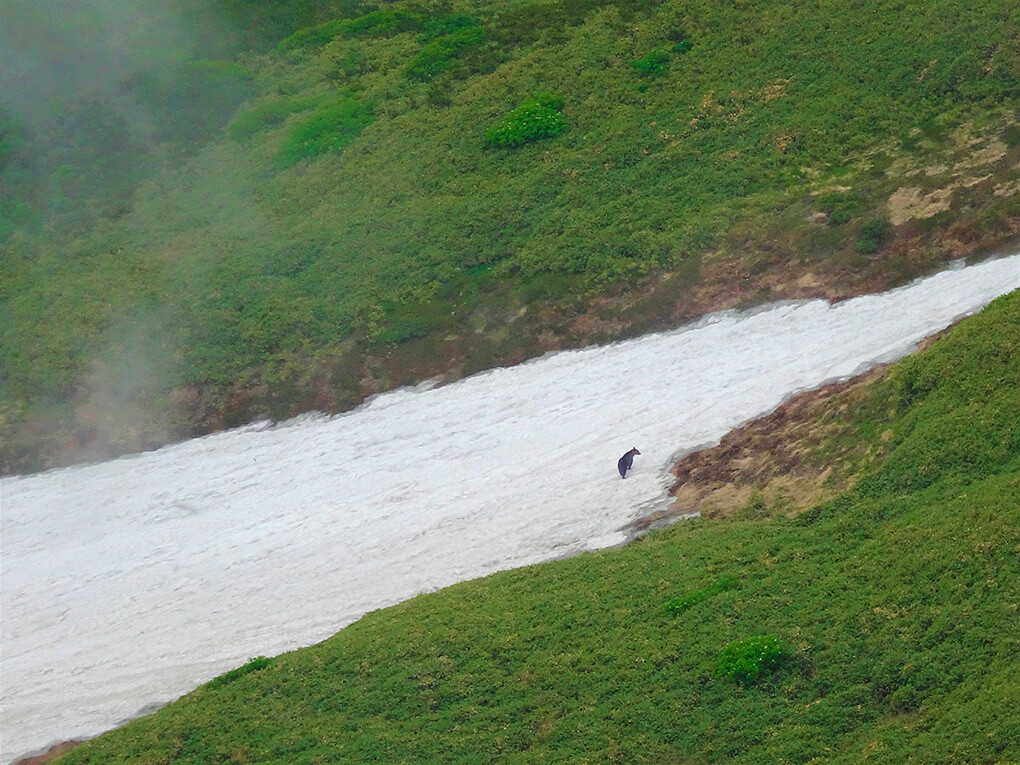
They live in the woods, highlands and coastal regions of the Ussuri part of Amur Region, Sakhalin island, Hokkaido and Kunashir islands, as well as China’s northwest and on the Korean peninsula.
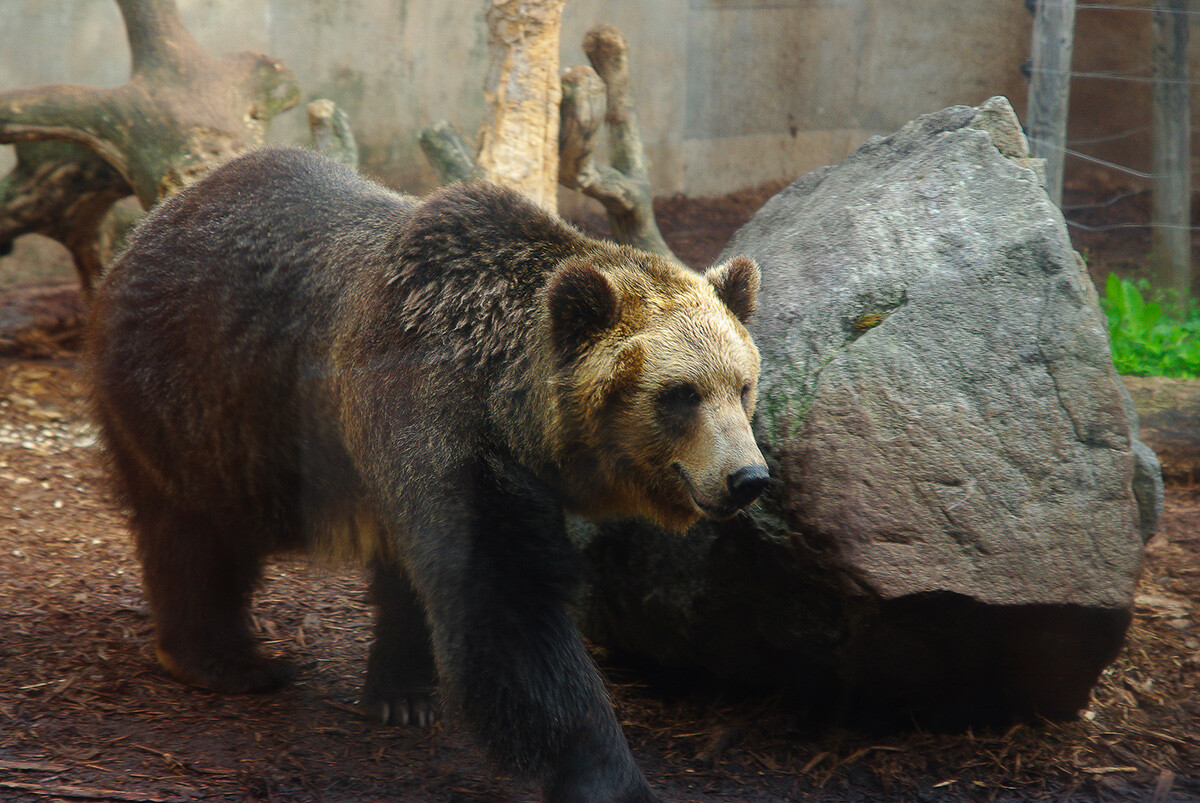
Despite belonging to the brown subspecies, the Ussuri bear’s fur is slightly darker, sometimes even black, unlike your typical brown bear. This had led scientists to categorize it for the longest time as the result of a mixture between the brown and black asiatic species.
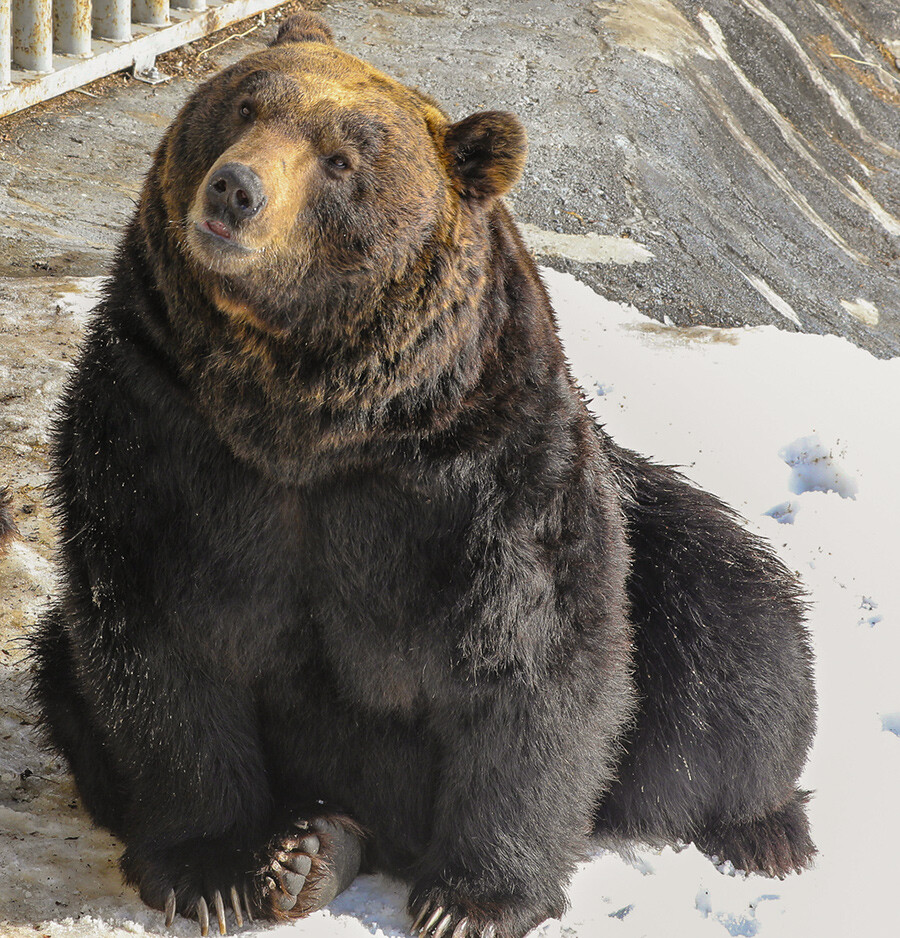
The only bear bigger in size than the Ussuri brown bear is the Kodiak Island bear of Alaska - and not by much. Their Russian female cousins weigh 200-250 kg on average, with males growing to a hefty 600 kg! And when it stands on its hind feet, it can reach three meters in height.
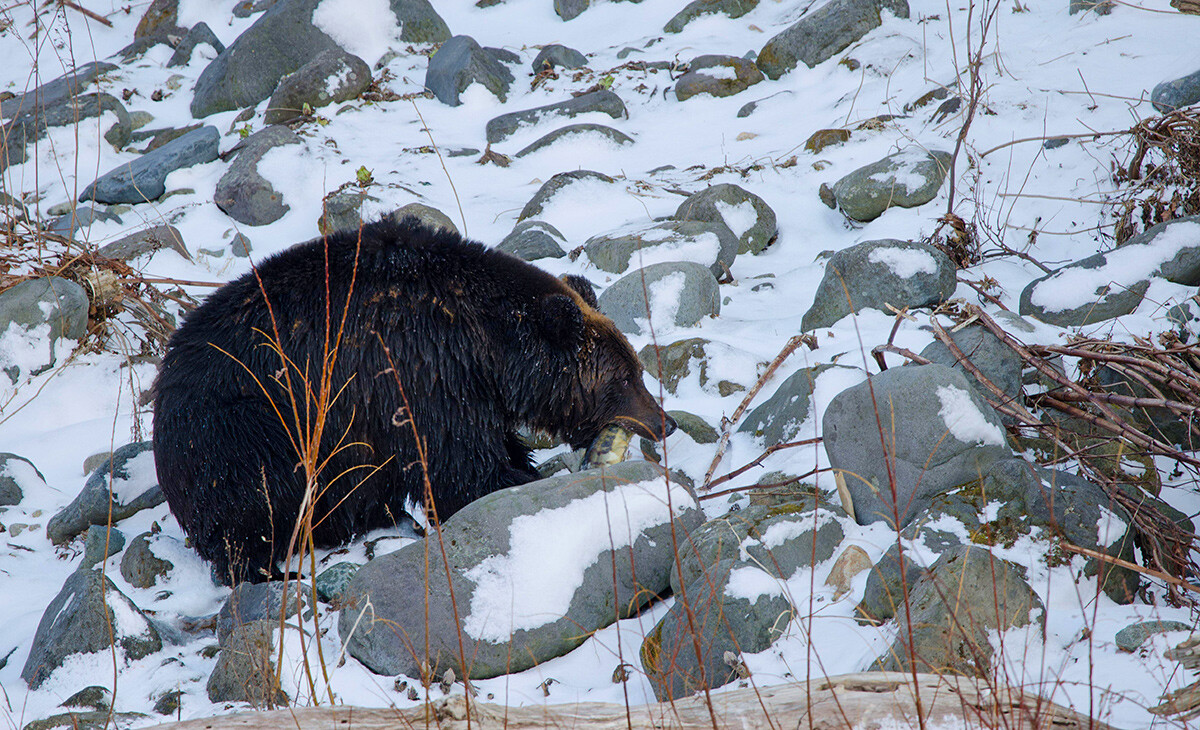
That sort of ‘gigantism’ is nothing supernatural - merely a result of a very wide-ranging diet. And they’re avid vegetarians (for the most part!). They love sea buckthorn, currants, chokeberries and tree bark - and can subsist on those things the entire summer. When nearby aquifers contain enough fish, the Russian grizzly’s diet makes up to 30 percent of it. And, before winter arrives, to quickly gain some weight, the bear gorges on agricultural crops, making its way into settlements and fields. Naturally, it’ll eat anything with a heartbeat just as easily, if opportunity presents itself. This, sadly, also includes small bear cubs.
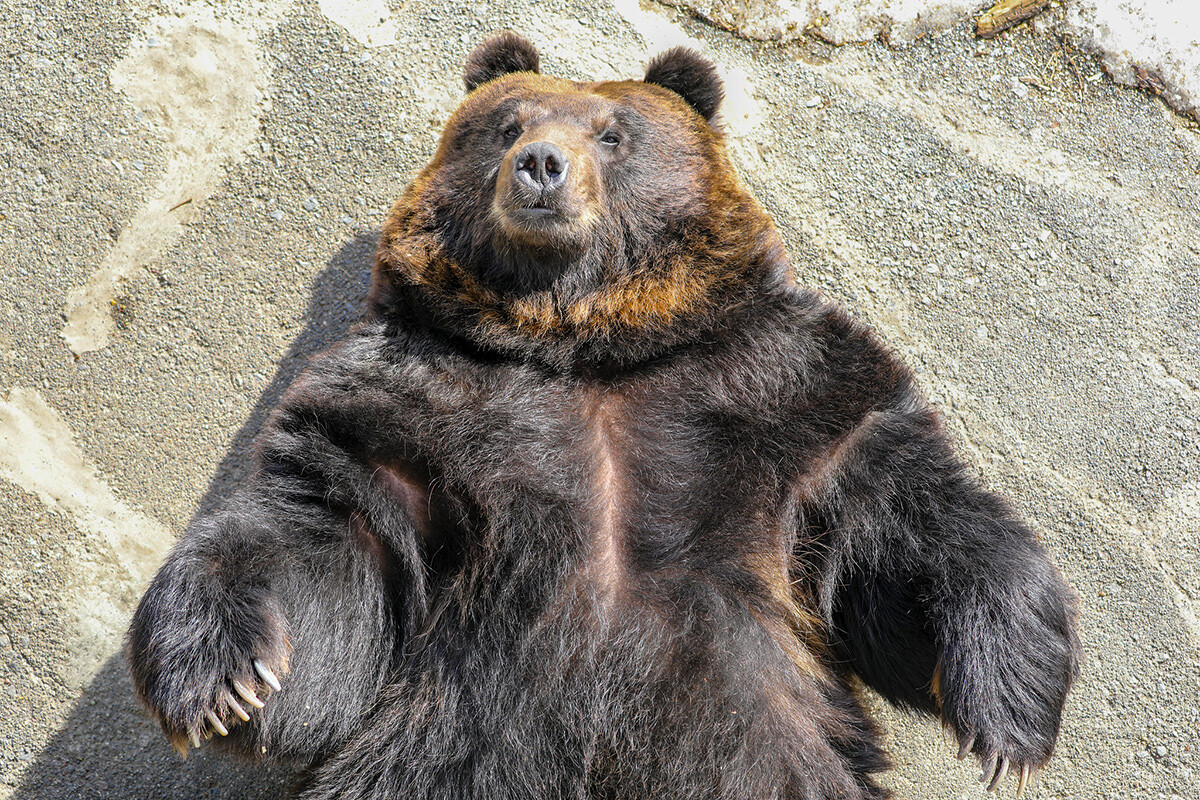
That is why the females of the subspecies lead a very “free” lifestyle - their offspring often having different fathers: the more cubs she has, the more males will think that one of them is theirs. And, even with that in mind, the female will do her utmost to protect the cubs for the first three years of their lives, preventing them from crossing paths with adult males.
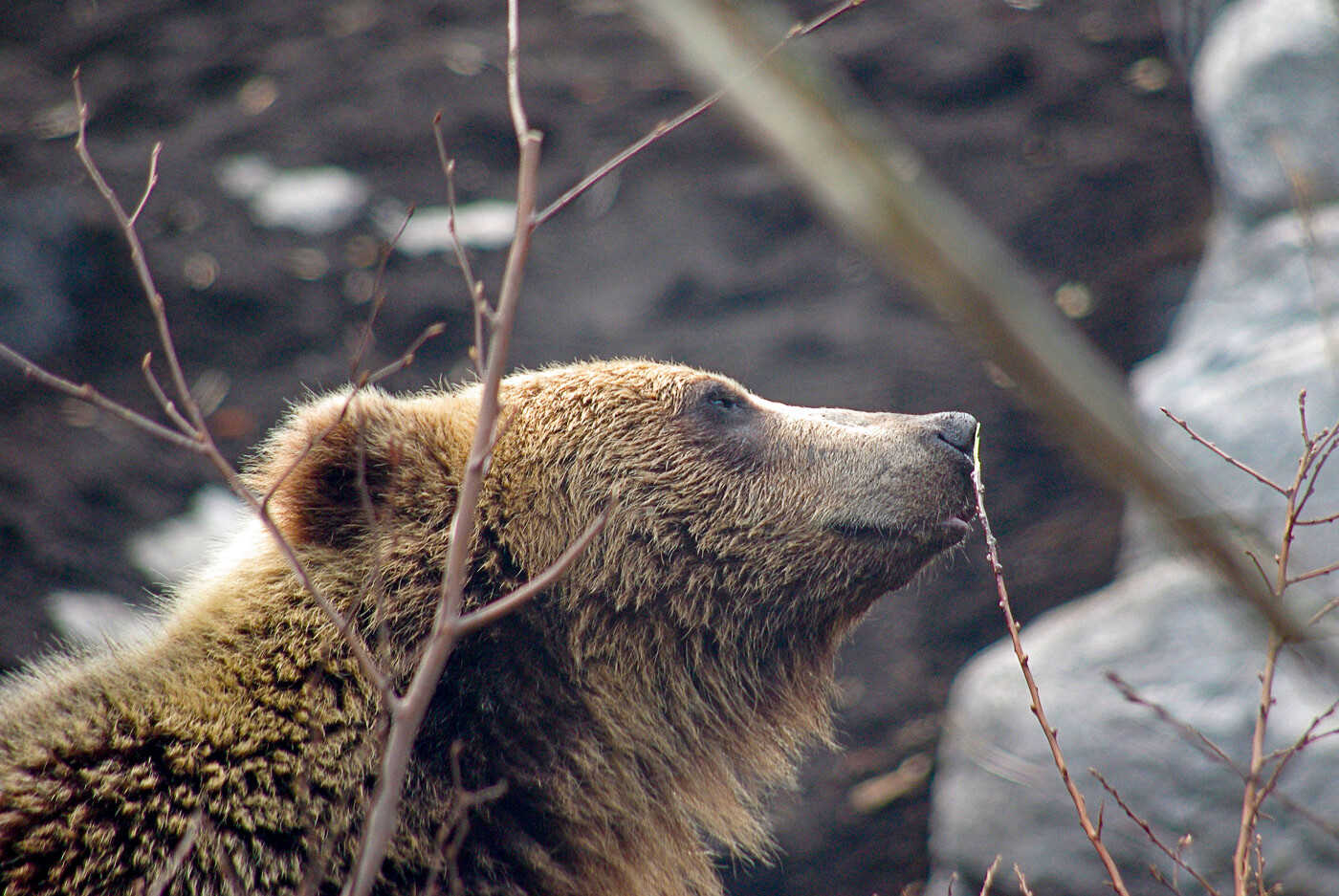
The Ussuri brown bear is solitary, aside from the mating period. However, there is one other apex predator around - and it’s considered to be the bear’s only real threat: the Amur tiger. And in places where their paths cross, a real war for dominance breaks out.
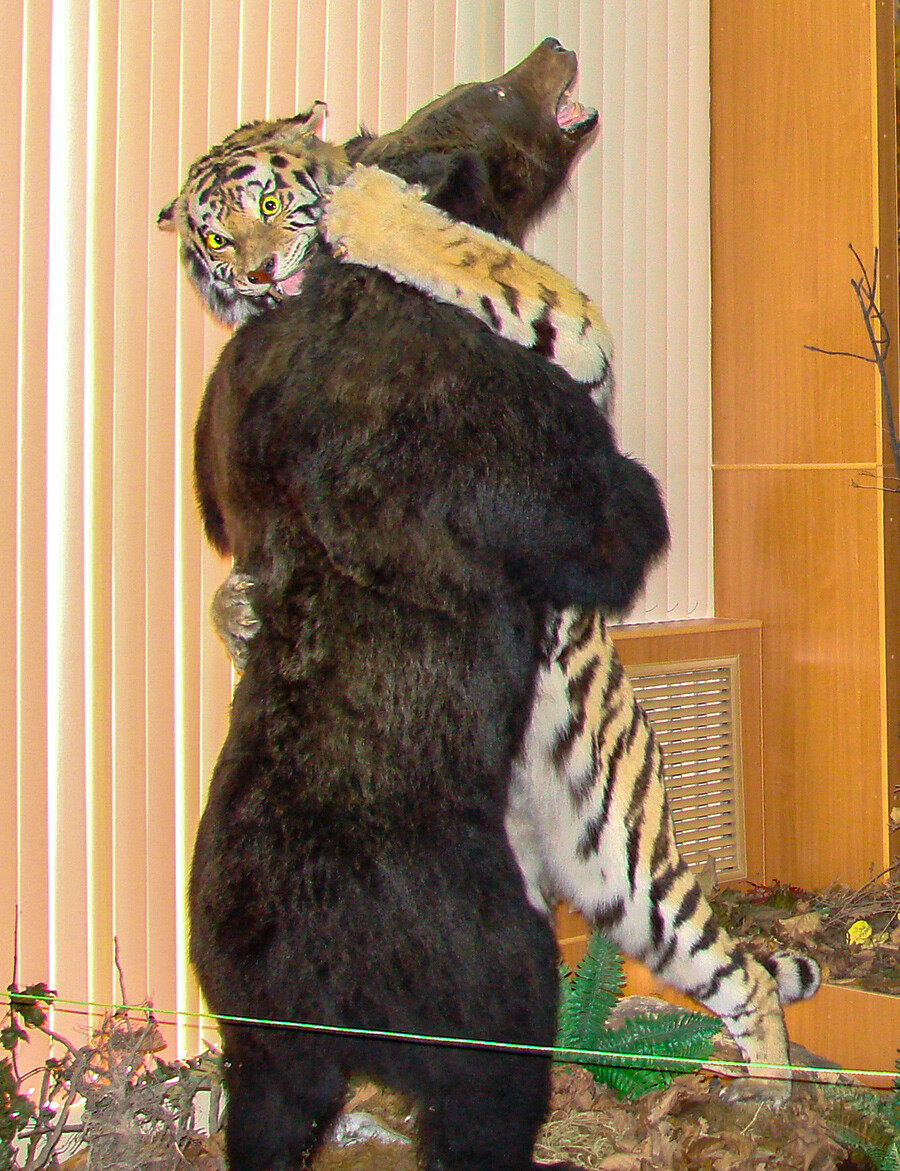
Bears usually try to avoid such encounters, but hunger and manmade habitat depletion will often cause them to meet face to face with tigers. Who wins in such a battle, you ask? Well, from what we know, based on eyewitness accounts, the tiger is victorious in about 50 percent of cases (we discuss this at length here). But, there’s a nuance. Tigers prefer to attack younger bears that have not fully matured. And they’re ambush animals, often attacking bears during the hibernation period. Having killed the bear, the tiger will mostly consume its fat deposits.
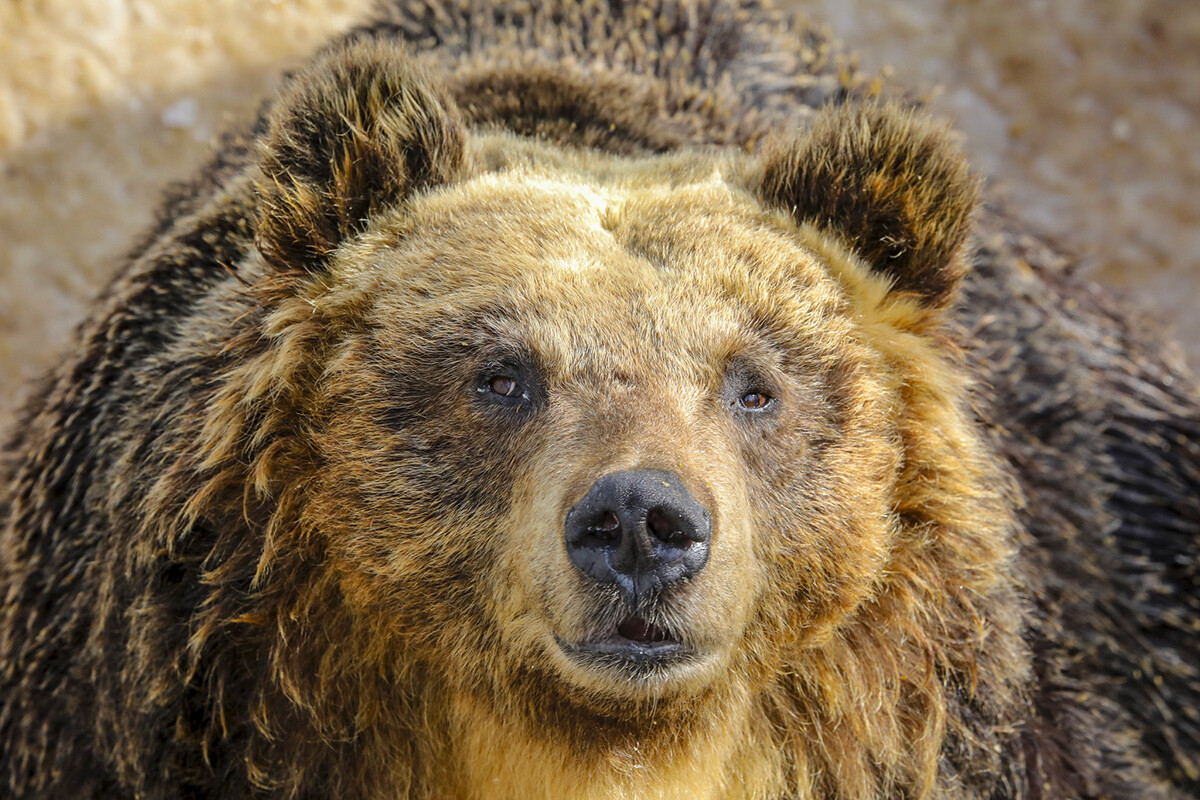
Today, the Ussuri brown bear is also considered the most at-risk subspecies. And that’s not down to the Amur tiger, but rather people, with their poaching and urban expansion.









